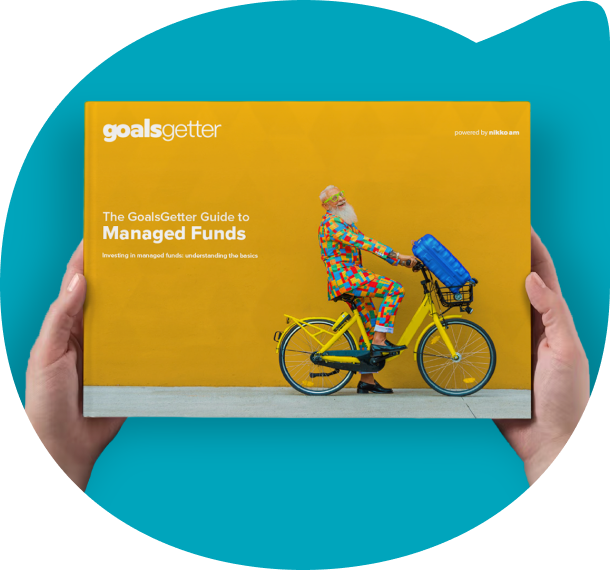What now for our post-COVID economic rehab?
The debate around the speed and manner in which we should seek to bounce back from the COVID-19 pandemic has regularly pitted economic against human health imperatives. However, it struck me that the two are to a degree analogous.
Indeed if we were to think of the economy as the legs on which New Zealand stands, then we’ve essentially had these taken out from underneath us; the multiple fractures and breakages caused by the sudden economic shutdown a potentially life-changing injury requiring emergency treatment.
Right now, with immediate bail-outs in place, we’ve made it through A&E. But we’ve emerged to begin our long, painful recovery wrapped in a protective plaster cast to the tune of a NZ$50 billion borrowing and spending plan. By thinking of this $50 billion as our plaster cast – i.e. the protective shield that enables the economic healing to take place – then we can understand how the success and speed of our recovery is hugely reliant on the way in which it is applied (and subsequently removed).
If this is done well, with the spending allocated wisely, then we have more than a sporting chance of a full recovery. However, any mistakes in the way we allocate this now might prevent the fractured parts of our economy from reconnecting properly and compromise both the healing process and recovery time.
Right through this long process of healing and rehabilitation, we will have limited flexibility and remain vulnerable to further shocks. And while we can manage some risks through the decisions we make, as events have shown us, things can happen that are beyond our control. For some time to come we will be ill-equipped to withstand another shock to the system, be this a second wave of the pandemic, an earthquake or a major geo-political event.
So how confident should we be of making a full recovery – and how should investors approach the market through this period of rehabilitation?
Globally, financial markets seem buoyed by the speed with which the many haemorrhages have been triaged, responding with some significant bounce backs. But we are still understandably down on pre-COVID levels, and with our elevated risk profile we expect returns across all mainstream investment markets to be lower than they were previously for some time.
It’s important to note that the emergency spending that has been committed already by our Government is part of the triage process. Spending on long-term infrastructure assets will create economic benefit for multiple years and leverage the value of the spend – but these initial wage subsidies and furlough programmes, while necessary, are simple band-aids which won’t pay for themselves though future economic benefit.
Current economic activity doesn’t just translate into lowering future returns for investors, it strips away a layer of protection through periods of volatility. For example, if you suffered a 3% mark-to-market loss on bonds that were last year yielding 4%, you would still at least have a positive return. But if these bonds are now yielding 2% and market volatility were to trigger this same loss, then this would leave you facing the prospect of a negative return.
This leaves investors in a tricky position. Do nothing and you face the prospect of both lower returns and a higher probability of making a loss. Take on more risk to try to maintain something close to previous levels of returns, and you open yourself up to the possibility of suffering even larger losses due to the pervading economic fragility. Or as a third option you could take more risk off the table and accept a ‘double portion’ of lower expected returns.
Investment is not a one-size-fits-all marketplace. Investors with long timeframes, who are gradually adding to their investment pool, such as a young KiwiSaver investor, may decide that short-term risks are acceptable. However, investors with shorter term investment goals, or with a greater need for capital security, may opt for greater caution, reasoning that the immediacy of our bounce back has already priced in the lion’s share of the good news.
Given time, we should be able recover – our ability to adapt and heal is remarkable and ultimately we’ll move on stronger for the experience. But there are many important questions that remain unanswered, and for the moment unanswerable. Did the economic damage need to be this severe? How long will the healing process take and what will be the damage in the meantime? How will we bridge the employment gap between the wage subsidy running out and the stimulus package kicking in? How long will our border stay closed to the US, Europe and Asia? And what happens when central banks stop propping up the financial markets? Will the broken bones have healed enough to support a return to an active and flexible lifestyle?
With such a fragile economy and a number of significant unknowns around the corner, my inclination is to be more cautious than bullish in the shorter term, albeit with a sense of optimism that the prognosis for a full recovery is ultimately pretty good.
Nikko Asset Management New Zealand Limited (Company No. 606057, FSP22562) is the licensed Investment Manager of Nikko AM NZ Investment Scheme, Nikko AM NZ Wholesale Investment Scheme and the Nikko AM KiwiSaver Scheme. This material has been prepared without taking into account a potential investor’s objectives, financial situation or needs and is not intended to constitute personal financial advice, and must not be relied on as such. The Product Disclosure Statements are available on our website: https://www.nikkoam.co.nz/invest/retail






.png?width=362&name=Ferg%20info%20centre%20(1).png)